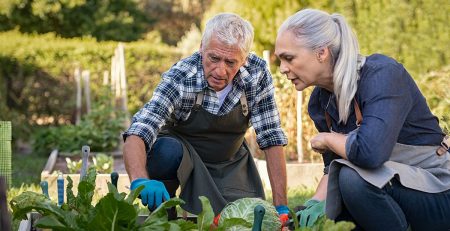Maximizing Memory
As people age, and even after the age of 20, memory begins changing in various ways, and some are actually for the better. And while Psychologists who study memory and aging note that there are some clear and concerning declines as we age, there are also ways to improve memory into our senior years. Sometimes with age, the names of familiar people are difficult to recall, account passwords are forgotten and we might walk into a room to get something but cannot remember what it is. With some effort though, we can actually maximize certain types of memory as we age.
Semantic memory, which involves knowing things like state capitals, gets better with age. Since this type of memory stores a massive volume of information, older adults may have word-retrieval or tip-of-the-tongue experiences. One benefit of semantic memory with age is that older adults tend to be better at proofreading due to all of the stored information and accumulated vocabulary. And continuing to learn new information can enhance memory with age.
Another type of memory that seems to get better with age is metamemory, which refers to self-awareness about how one’s memory works and when it is not working so well. Older adults may be better at summarizing and communicating main points of something they’ve seen or read. Younger people tend to do well recalling details but may not remember as well the big picture message. This type of memory can be maximized by getting involved in new projects, traveling, and creating new experiences.
A major take-away about maximizing memory is that as people age, they tend to remember what is most important and critical to them. This is called “selectivity”, which appears to become more enhanced with age. Some experts believe that it’s a byproduct of not being able to remember everything. Selectivity can be maximized later in life by not only focusing on what is important in life, but also by focusing less on what is not.
Some types of memory will naturally decrease and some will increase with age. Testing one’s memory routinely is a great way to keep it sharp for a longer time. It’s important to continue learning new information and experiencing new things, staying involved with others, and focus on what truly matters at each stage of life.











